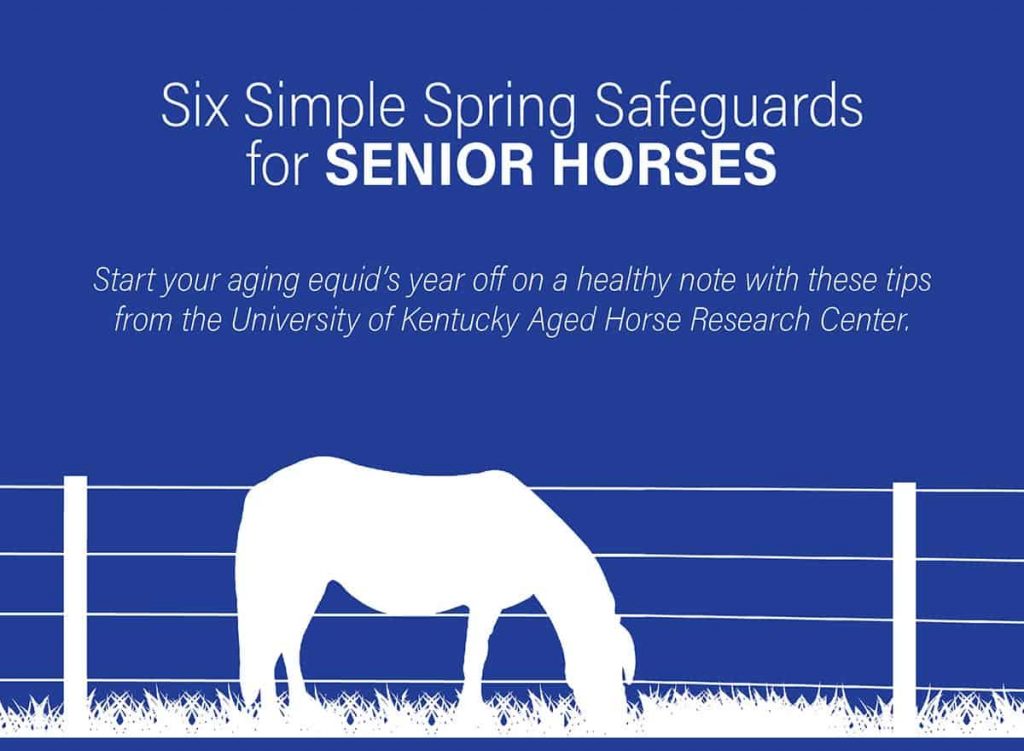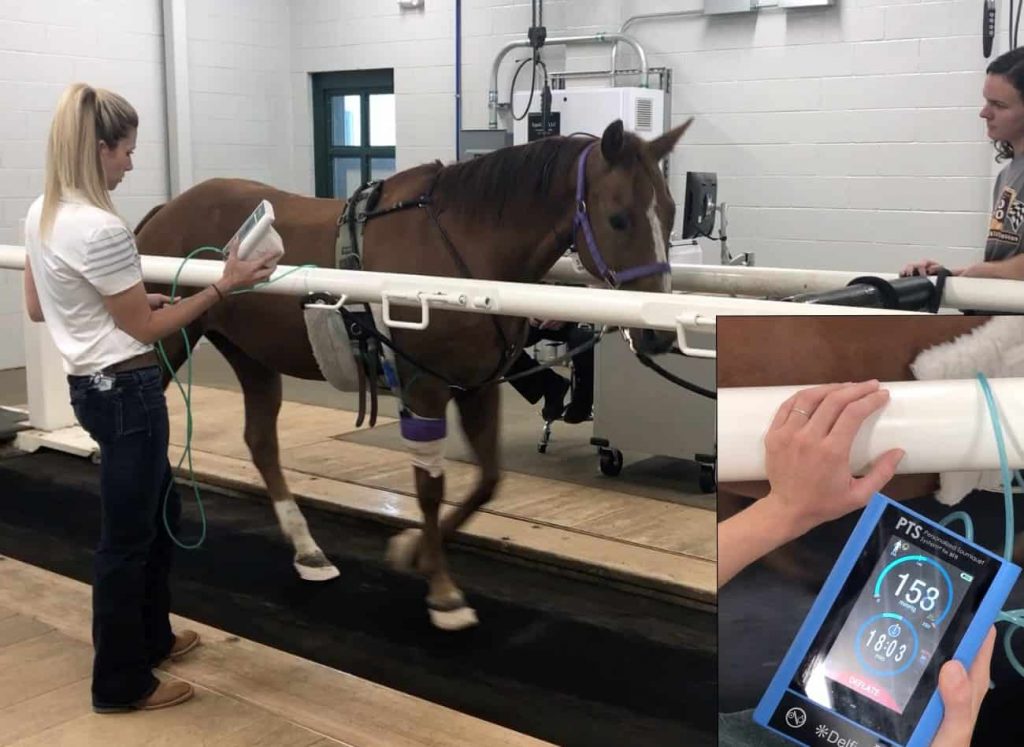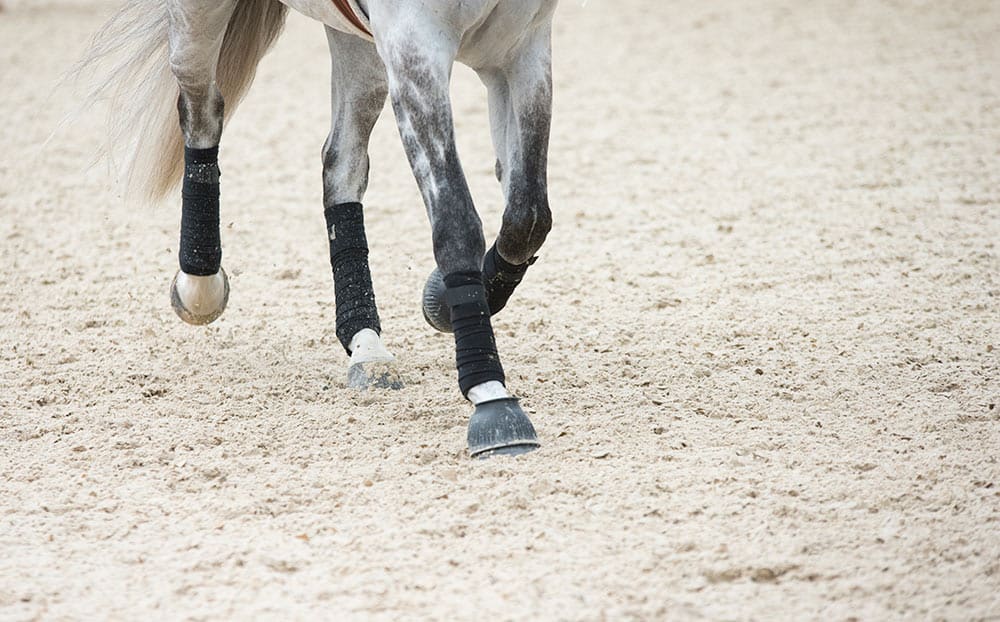
Broodmares’ Nutritional Needs During Late Gestation
A pregnant mare should maintain a healthy weight to support both the fetus’ and her own calorie needs.
How to care for the basic health needs of horses

A pregnant mare should maintain a healthy weight to support both the fetus’ and her own calorie needs.

Ensure your senior horse or pony is prepared for a healthy and happy year ahead.

Researchers assess the prevalence of malocclusions and dental diseases in privately owned horses in the Mazovia region of Poland.

Horses have a wide range of potential for exposure to toxicants; understanding this could help protect them.

While prohibited in competition horses, this anabolic steroid might help vets manage joint disease such as osteochondrosis lesions in young horses.

X rays are valuable diagnostic tools for equine dental health that can reveal undiagnosed issues.

Here’s a look at some common pelvis problems in horses, how veterinarians diagnose them, and what treatment options are available.

Blood flow restriction (BFR), a human rehab modality, was found to be safe and well-tolerated by horses in a pilot study.

If your horse is exhibiting regular behavior problems, cheek tooth pain could be the cause.

While ultrasound is useful for identifying articular process joint effusion in horses, it might undervalue the amount of swelling present.

Managing the magnitude and frequency of limb loading is key to keeping horses—particularly racehorses—injury-free.

Setting boundaries can help veterinarians protect their personal time and have clearer communication with their clients.

Resin fillings used in human dentistry can offer long-term solutions for preventing and managing infundibular caries.

A field study of the drug showed it significantly improved lameness in horses and induced no clinically relevant adverse effects.

Equine idiopathic headshaking is a painful condition, but with correct diagnosis and treatment many headshakers can live pain-free.

Our nutritionist shares how you can improve your horse’s coat, even during winter.
Stay on top of the most recent Horse Health news with
"*" indicates required fields